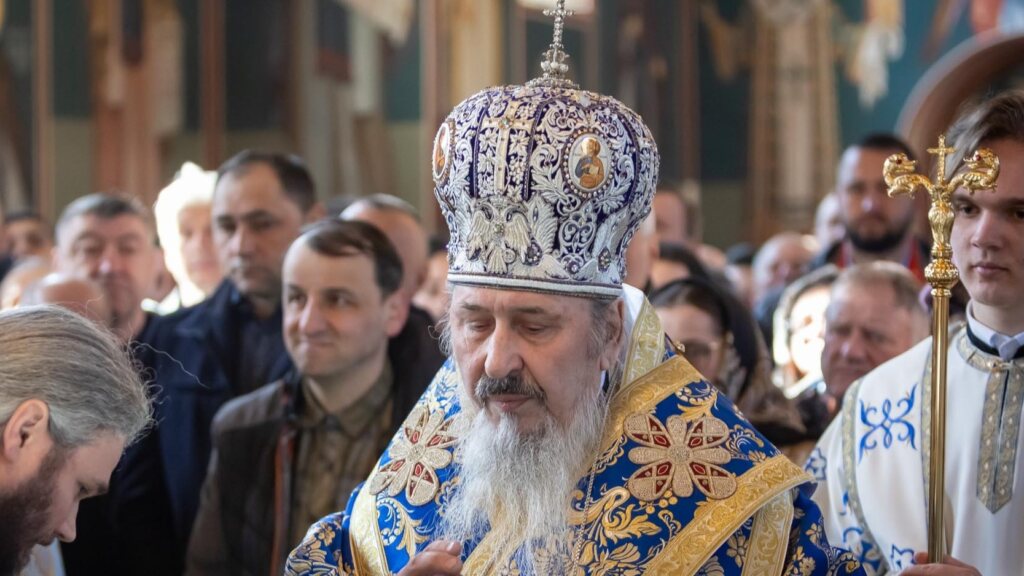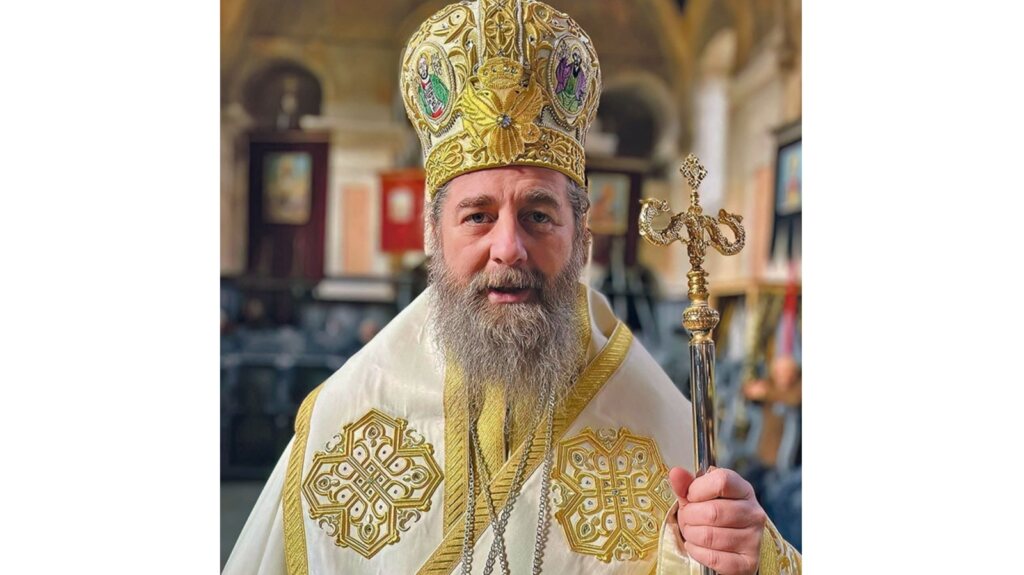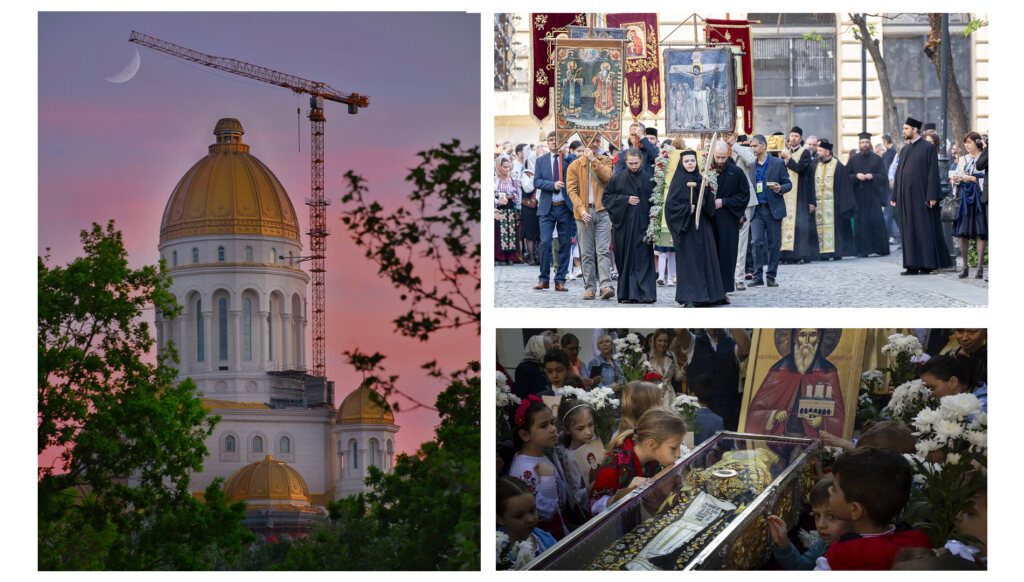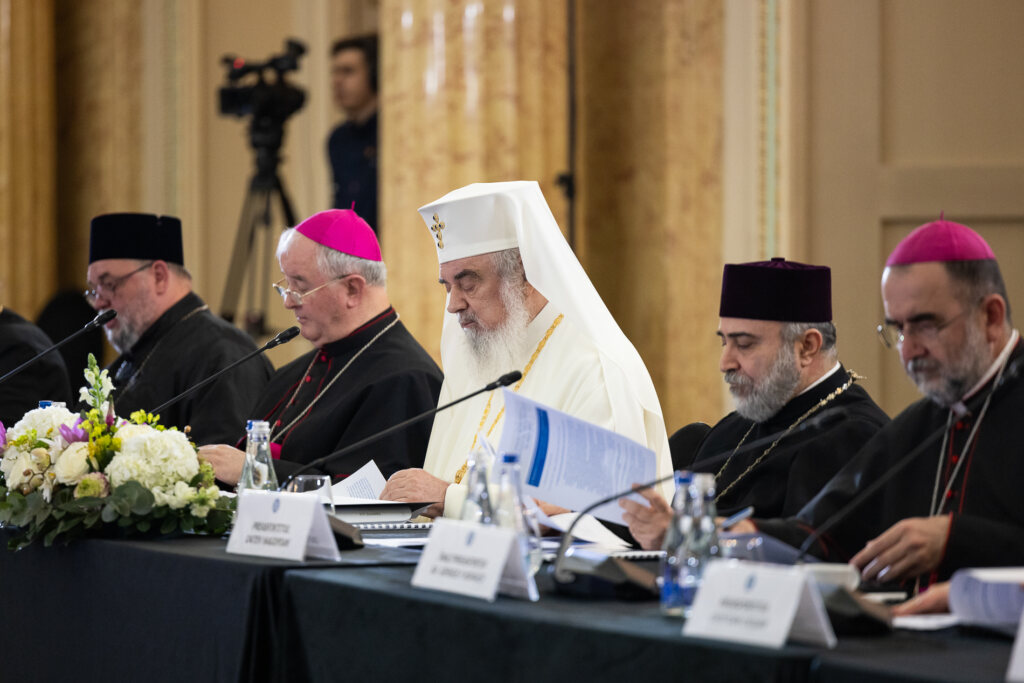The European Day of Languages (EDL) was first celebrated in 2001 during the European Year of Languages. At the end of this campaign the Council of Europe’s Committee of Ministers decided to make EDL an annual event, to be celebrated each 26 September.
Every year, millions of people in the Council’s member states and elsewhere organise or take part in activities to promote linguistic diversity and the ability to speak other languages.
The general aim is to draw attention to Europe’s rich linguistic and cultural diversity, which has to be encouraged and maintained, but also to extend the range of languages that people learn throughout their lives in order to develop their multilingual skills and reinforce intercultural understanding.
EDL is an opportunity to celebrate all of Europe’s languages, including those that are less widely spoken and the languages of migrants.
On the same day, several local Orthodox Churches celebrate the memory of Ruler Prince Saint Neagoe Basarab, who knew six foreign languages.
Saint Neagoe Basarab was a ruler prince of Wallachia between 1512 and 1521, and spoke Romanian (mother tongue), Slavonic, Greek, Latin, Turkish, German and Hungarian.
Before taking any office in the Wallachian state structures, Neagoe Basarab travelled to several countries in central Europe and in the Ottoman Empire, and the knowledge he acquired during his travels helped him in the Romanian state’s external relations.
He was a great postelnic from 1501 to 1509 and a great comis for one year (1510 – 1511).
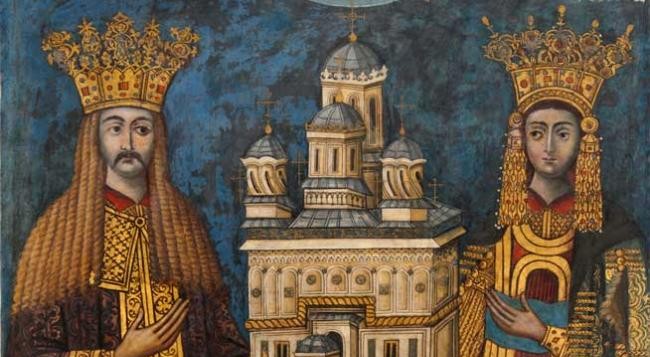
Saint Neagoe also remained in the memory of the Romanian people and of the Orthodox tradition as a great personality thanks to his writing ‘The Teachings of Neagoe Basarab to his son Theodosius’.
This is a “spiritual, pedagogic, philosophic and encyclopaedic testament” and a true collection of Christian, scriptural and patristic pieces of advice.
Given his great generosity, Prince Neagoe Basarab was considered by everyone a descendent of the generous emperors of the Byzantine Empire, and, from his position, he helped all the Orthodox peoples under the occupation of the Crescent, paying their debts, repairing many monasteries and churches and endowing them with everything necessary.
Photo: The Epoch Times Romania
Follow us on Twitter: @BasilicaNews


